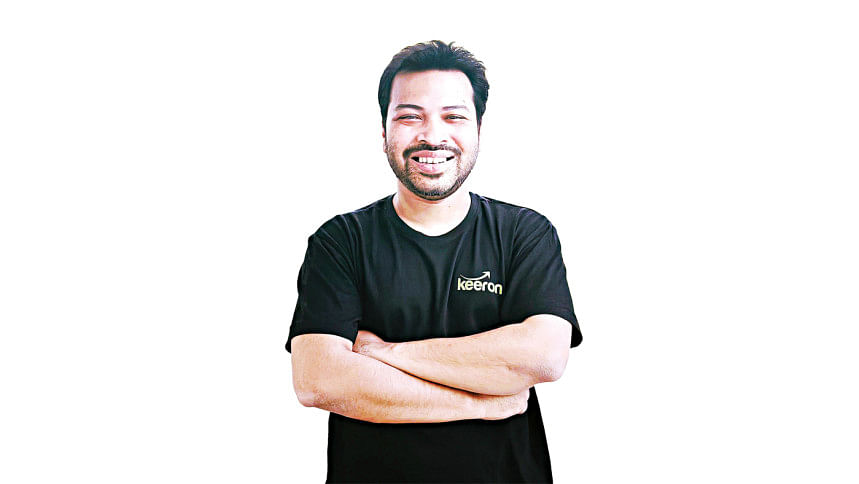Making meetings matter

Meetings are a staple of corporate culture. From corner offices to startup lounges, professionals gather every day with an agenda — or at least the hope of one. Yet, in reality, many meetings fail to deliver results, often consuming precious time without driving outcomes. As businesses across Bangladesh strive to boost productivity and innovation, it's time we ask: are our meetings truly effective, or are they just habitual routines dressed in formal attire?
In my journey across multinational companies, media houses, and startups, one consistent complaint I have encountered is about unproductive meetings. Employees sigh at back-to-back calendar blocks, where real work is postponed and energy drained. Yet meetings, when done right, can be the engine room of collaboration, decision-making, and alignment. The gap between potential and reality, however, lies in how we plan, conduct, and follow up on these sessions.
An effective meeting begins long before people walk into the room — or log in to Zoom. It starts with clarity of purpose. What are we trying to achieve? A meeting should not be a default response to uncertainty. If an email can do the job, there's no need to assemble five people in a meeting room for 45 minutes. A clear agenda, shared in advance, signals respect for others' time and prepares participants to contribute meaningfully.
Time discipline is another often overlooked yet critical element. In our context, meetings frequently start late, stretch indefinitely, and leave participants wondering what was actually decided. Starting and ending on time isn't just about punctuality — it's about professionalism and focus. A well-facilitated meeting respects the clock and delivers on its objectives within the allocated window.
The role of the moderator or meeting leader is pivotal. This person must ensure everyone is heard, discussions don't go off track, and key points are captured. In hierarchical cultures, junior members often hesitate to speak up. A good leader creates psychological safety, encouraging diverse perspectives while managing time and tone. Meetings should not be monologues by the most senior person in the room; they should be dialogues that leverage collective intelligence.
In our increasingly digital and hybrid work environments, engagement becomes even more vital. Online meetings suffer from multitasking, distractions, and reduced attention spans. To counter this, ground rules such as keeping cameras on, limiting meeting size, or using collaborative tools can keep energy and accountability high.
Perhaps the most underutilised part of any meeting is the follow-up. Great discussions without action points are like blueprints never turned into buildings. Assigning responsibilities, setting deadlines, and sharing minutes within 24 hours ensure that talk leads to tangible outcomes.
Bangladesh's corporate culture is evolving rapidly. We are embracing agility, cross-functional teams, and remote work. But our meeting practices are yet to catch up. It's time to move from a "meeting-heavy" to a "meeting-smart" culture. Organisations should train managers and team leads in meeting facilitation, audit time spent in meetings monthly, and actively challenge the necessity of each scheduled session.
In conclusion, effective meetings are not just a matter of protocol — they are a strategic imperative. They reflect a company's respect for time, clarity of thought, and collaborative spirit. If we want to build high-performing teams and agile organisations, we must start by reclaiming our calendars and making every meeting count.
The writer is the chief business officer of The Daily Star and the chief operating officer of Keeron, an upskilling platform in Bangladesh

 For all latest news, follow The Daily Star's Google News channel.
For all latest news, follow The Daily Star's Google News channel. 



Comments